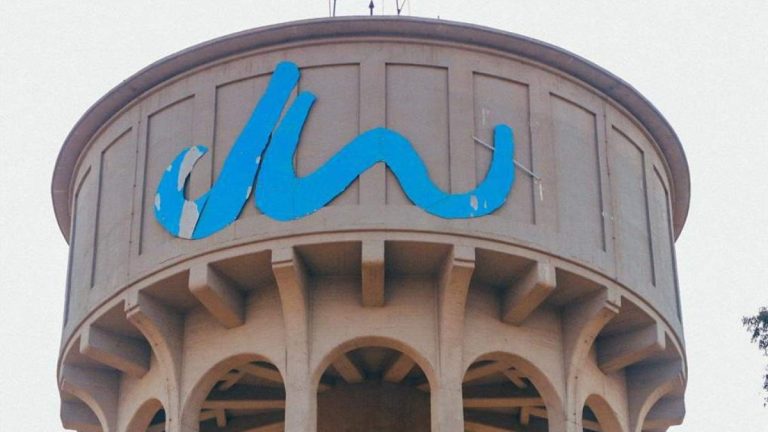Johannesburg Water has pledged a major investment of R800 million to upgrade and revitalise the struggling Commando water supply system, which serves large parts of west Johannesburg. This substantial funding aims to resolve long-standing infrastructure problems that have left many communities vulnerable to water interruptions.
Thank you for reading this post, don't forget to subscribe!ALSO READ: Vaal Dam Levels Rise Sharply, Marking Major Turnaround from 2024
Table of contents
The Critical Role of the Commando System
The Commando system is a key part of Johannesburg’s water infrastructure, supplying water to areas including Brixton, Mayfair, Westbury, Melville, Coronationville, and Sophiatown. It supports critical facilities such as Rahima Moosa and Helen Joseph hospitals, and the University of Johannesburg. Its reliability is essential for residents, businesses, and public institutions in these diverse urban communities.
Infrastructure Challenges Facing the System
Johannesburg Water has identified insufficient bulk infrastructure as the primary challenge. The system currently lacks adequate reservoirs, bulk water mains, and pump stations. These deficiencies make the system prone to service interruptions and lengthen recovery times after outages. Some reservoirs are operating on bypass due to leaking issues, further straining water delivery in affected zones.
Major Infrastructure Projects Underway
The R800 million investment programme includes several critical projects. A new 26-megalitre Brixton Reservoir and a 2.2-megalitre tower are nearing completion and are scheduled to be commissioned by October 2025. Additionally, a new bulk line of 4.5 km with diameters ranging from 600mm to 1000mm, and two new pumping stations are planned for completion by the end of 2026. Reservoir refurbishment projects at Hurst Hill 1 and Hurst Hill 2 are underway, addressing leaks and structural repairs to improve system resilience.

Expected Benefits of the Investment
These improvements aim to alleviate the system’s sensitivity to interruptions and reduce the frequency and duration of water outages that many residents have endured for years. Increasing storage capacity and upgrading bulk supply infrastructure will help meet growing demand and provide more consistent service. These investments are expected to support local economic activity and improve the quality of life in serviced communities.
Part of a Broader Infrastructure Plan
The Commando system upgrade forms part of Johannesburg Water’s wider 10-year, R32.5 billion capital investment plan to maintain, refurbish, and expand the city’s water and sanitation infrastructure. For the 2025/26 financial year, Johannesburg Water has allocated R1.7 billion for infrastructure projects, up from R1.29 billion in the previous year. This plan includes extensive pipe replacement programmes, leak detection and repair, and new reservoir construction across Johannesburg.
Water Conservation Measures Continue
Alongside infrastructure upgrades, Johannesburg Water emphasises the importance of continued water conservation. Residents are urged to observe Level 1 water restrictions and use water responsibly. These conservation efforts complement the upgrade projects by reducing overall demand and preserving the improved system’s capacity.
Community Impact and Engagement
Reliable water supply is a fundamental service that directly affects public health, economic growth, and social wellbeing. Johannesburg Water’s significant investment signals a strong commitment to addressing historical service delivery challenges. The utility encourages community cooperation and patience as extensive upgrade works proceed to restore durable and equitable water access.
RELEVANT ARTICLE: Johannesburg Water Outlines Comprehensive Plans to Improve Water Supply
Securing Water for Growing Demand
As urban populations and water demand continue to rise, Johannesburg Water’s upgrades to the Commando system form a vital foundation for future resilience. The new infrastructure and ongoing maintenance programmes position the city to better handle fluctuations in water availability, climate variability, and resource pressures. Continued investment and innovation will be essential to sustainably serve Johannesburg’s residents and strengthen the city’s water security.




